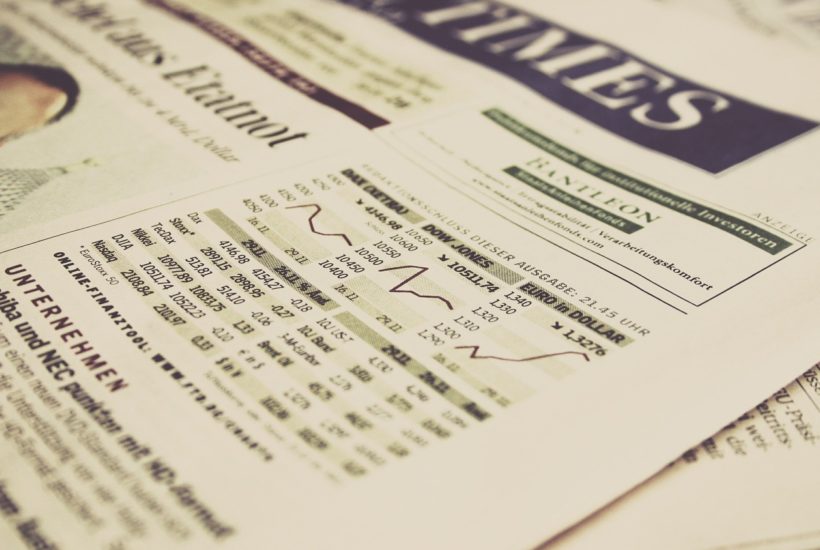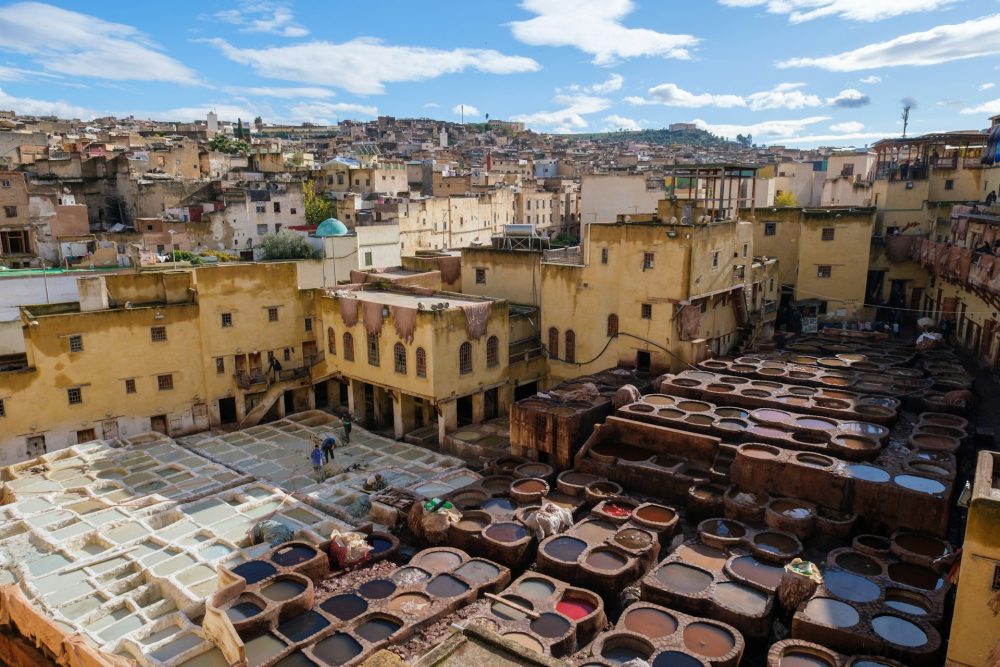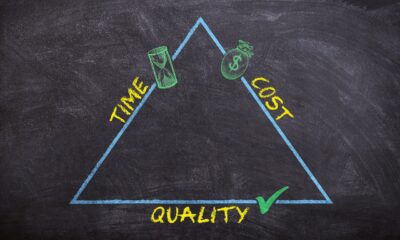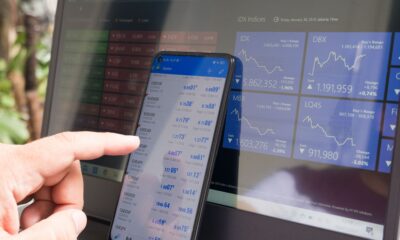Africa
Afreximbank says the commodity index is down
Afreximbank’s weighted index tracks the performance of 13 commodities (crude oil, gold, cobalt, aluminium, copper, zinc, cocoa, coffee, cotton, sugar, wheat, maize and palm oil). The choice of these products depends on their total contribution to African trade. The index fell sharply at the end of March, down 44% from its level at the beginning of the year.

“The Afreximbank African Commodities index (Aaci), the African Export-Import Bank’s (Afreximbank) index for tracking the performance of commodity prices, has been on a downward trend since January 2020.”
According to the bank’s results, the index fell sharply at the end of March, down 44% from its level at the beginning of the year, due to the disruptive impact of the coronavirus on global demand and commodity prices. “The impact of the pandemic was felt particularly in the oil markets, which were first put under pressure with the failure of the Opep and partners to agree to extend production cuts, and then exacerbated by sudden shutdowns and a shock in global demand caused by the pandemic,” said Afreximbank.
Find out more about the economic situation in Africa and read the latest economic news in the world with our companion app, Born2Invest.
The importance of oil in the economic growth of African countries and not only
Oil is a limiting factor of economic growth, the key indicator of which is the Gross Domestic Product (GDP). It is therefore the quantity of oil available that drives the economy. In this context of reduced energy supply, the capacity of man to transform the world is greatly reduced. The short parenthesis of humanity with growth is fading away as are the dreams of prosperity that were attached to it. Indeed, the world will realize that energy is not a sector of the economy but a component of all economic sectors.
Thus, less oil leads to fewer machines allowing interconnection therefore less transport, therefore less trade, therefore a decline in GDP (recession) at the global level.
There will be stress on established companies and damage to international trade. The future will, therefore, be low tech. In this compulsory and forced entry into the race, the competition for the remaining resources will lead to conflicts over control of the resources.
The problems resulting from the end of energy abundance are global, but they may have more serious repercussions in Africa because of the specificities of the continent.
Afreximbank’s weighted index tracks the performance of 13 commodities
Yet, between 2016 and 2019, the Aaci was on an upward trend, although the structural break in the third quarter of 2018 led to an abandonment of trend growth. This upward trend was explained by the recovery of commodity markets after the end of the super-cycle. The value of the index closed 2019 at 157, up 57%.
Afreximbank’s weighted index tracks the performance of 13 commodities (crude oil, gold, cobalt, aluminum, copper, zinc, cocoa, coffee, cotton, sugar, wheat, maize, and palm oil). The choice of these products depends on their total contribution to African trade. Five of the 13 commodities – crude oil, gold, cobalt, copper, and cocoa – account for more than 55% of total African exports. Crude oil is particularly important for the export profile of several African countries. For example, in Nigeria and Algeria, crude oil and hydrocarbon fuels account for about 95% of total export earnings and 57% and 40% of total fiscal revenues, respectively.
“The selection of commodities in the agricultural sub-index reflects both the continent’s heavy dependence on agricultural imports, including sugar, wheat, maize and palm oil, and the increasing pressure that the rising food import bill is putting on the balance of payments,” the bank explained.
Tracking and monitoring the index will help countries systematically assess their commodity revenues in real terms, while adopting preventive policy measures to mitigate any risk of imported commodity inflation.
__
(Featured image by markusspiske via Pixabay)
DISCLAIMER: This article was written by a third party contributor and does not reflect the opinion of Born2Invest, its management, staff or its associates. Please review our disclaimer for more information.
This article may include forward-looking statements. These forward-looking statements generally are identified by the words “believe,” “project,” “estimate,” “become,” “plan,” “will,” and similar expressions. These forward-looking statements involve known and unknown risks as well as uncertainties, including those discussed in the following cautionary statements and elsewhere in this article and on this site. Although the Company may believe that its expectations are based on reasonable assumptions, the actual results that the Company may achieve may differ materially from any forward-looking statements, which reflect the opinions of the management of the Company only as of the date hereof. Additionally, please make sure to read these important disclosures.
First published in Financial Afrik, a third-party contributor translated and adapted the article from the original. In case of discrepancy, the original will prevail.
Although we made reasonable efforts to provide accurate translations, some parts may be incorrect. Born2Invest assumes no responsibility for errors, omissions or ambiguities in the translations provided on this website. Any person or entity relying on translated content does so at their own risk. Born2Invest is not responsible for losses caused by such reliance on the accuracy or reliability of translated information. If you wish to report an error or inaccuracy in the translation, we encourage you to contact us.

-

 Crowdfunding2 weeks ago
Crowdfunding2 weeks agoThe Youth Program at Enzian Shooting Club Is Expanding Thanks to Crowdfunding
-

 Africa2 hours ago
Africa2 hours agoMorocco’s Industrial Activity Stalls in January 2026
-

 Crypto1 week ago
Crypto1 week agoTariff Turmoil Sends Bitcoin and Ethereum Lower as Crypto Markets Face Mounting Pressure
-

 Crypto5 days ago
Crypto5 days agoEthereum Outlook: Key $2,190 Resistance, Whale Accumulation, and Buterin’s Push for True DeFi
























